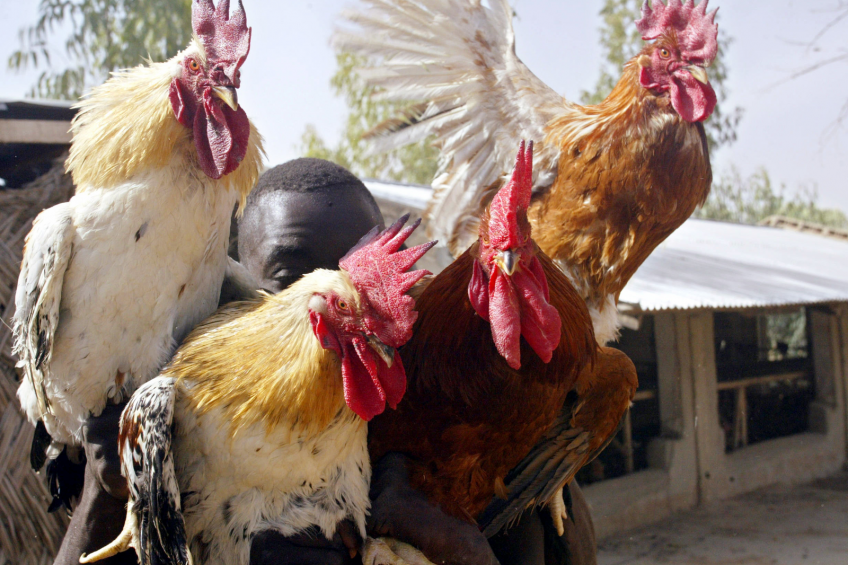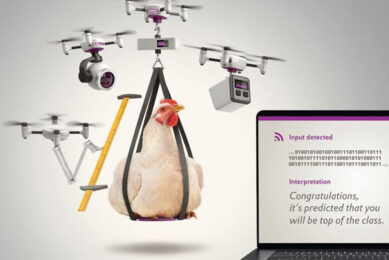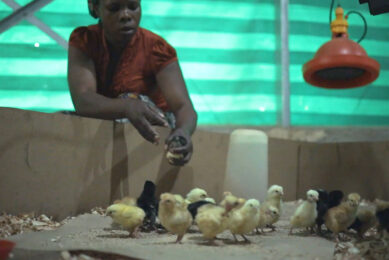WPF concludes poultry training in Ghana

The World Poultry Foundation (WPF) recently concluded the second phase of a landmark multiyear project to improve poultry and egg production in Ghana by teaching a small group of producers to train other producers with a long-term goal of boosting the industry’s husbandry capabilities.
Funded by the WPF in partnership with the Ghanaian Ministry of Food and Agriculture and the Ghana National Association of Poultry Farmers, this “train-the-trainer” programme taught local poultry farmers how to produce chickens more efficiently, with particular emphasis on improving biosecurity to help prevent the spread of disease.
Project began in 2015
Faculty members from the University of Georgia (UGA) Poultry Science Department travelled to Ghana to work with Dr A.N. Akunzule, the ministry’s deputy director of veterinary services, in setting up and conducting the training, which began in 2015.
Under the direction of Dr Mike Lacy, former department head and professor emeritus of poultry science at the university, the team included Drs Bruce Webster and Justin Fowler, both veteran UGA poultry scientists.
Also interesting: FAO calls for increased H5N1 vigilance in Africa
Train-the-trainer
In the second phase of the programme, the Webster and Fowler evaluated the prior train-the-trainer sessions from last year by how well the Ghanaian participants were able to present their knowledge and training materials to other chicken growers in their regions.
The more than 30 Ghanaian poultry farmers who trained under the UGA poultry scientists over the next several months will train an additional 480 producers in seven regions of the country, WPF says.
Also interesting: Making a difference with eggs
Thousands of poultry producers to benefit
“As we expand this effort in Ghana, we expect thousands of producers all across Ghana to benefit,” said WPF CEO Randall Ennis. “We began the programme in Accra and Kumasi, the country’s 2 most important poultry-producing areas.”
“The brooding basics I received from the training have improved my brooding practices, and that has greatly reduced mortality in the last broilers I raised,” said Patricia Ashanti, who raises chickens near Accra, the capital. Josiah Kingsful, also of Accra, said that the training has helped him “to intensify my biosecurity at the farm to eliminate the carriers of diseases.”












